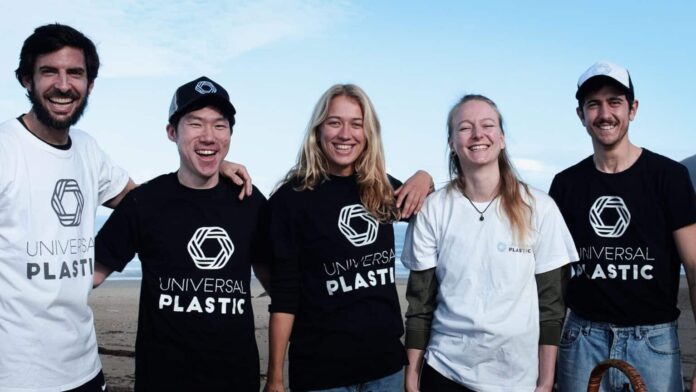In a joint effort to combat plastic pollution in the oceans, Universal Plastic and the State Secretariat for Digitalization and Artificial Intelligence (SEDIA) have presented an innovative data space. This project aims to transform the collection of plastic waste into valuable information through the use of artificial intelligence and blockchain technology. Its objective is to track the trajectory of plastic in Spanish waters, from its fragmentation to its impact on ecosystems.
This system, called ONDAs, is part of a state digitization program focused on key sectors. It has the support of the City Councils of Gijón, Blanes, and the NGO Innoceana, aligning with the principles of the blue economy that promote the sustainable use of marine resources.
The main challenge facing NGOs is the lack of reliable data on the effect of plastic waste on the aquatic environment. As plastics fragment into microplastics and soluble substances, tracking them becomes more complicated, increasing their harmful impact on ecosystems and human health. The project seeks to answer crucial questions about the location of plastic, its entry into the food chain, tracking methods, and how to translate these data into effective actions.
A standout feature of the system is its advanced traceability capability, which ensures that each waste collection is verifiable, recording precise details about each fragment, including the location, the time, and the extraction conditions. This transparency is fundamental for the scientific bodies and institutions dedicated to environmental protection.
Beyond providing technical data, the data space promotes a long-term vision by integrating technology and environmental commitment, fostering the sustainable use of marine resources. This effort underscores the importance of alliances between public, social, and scientific entities, demonstrating that collaboration and shared knowledge are key to an effective transformation.



